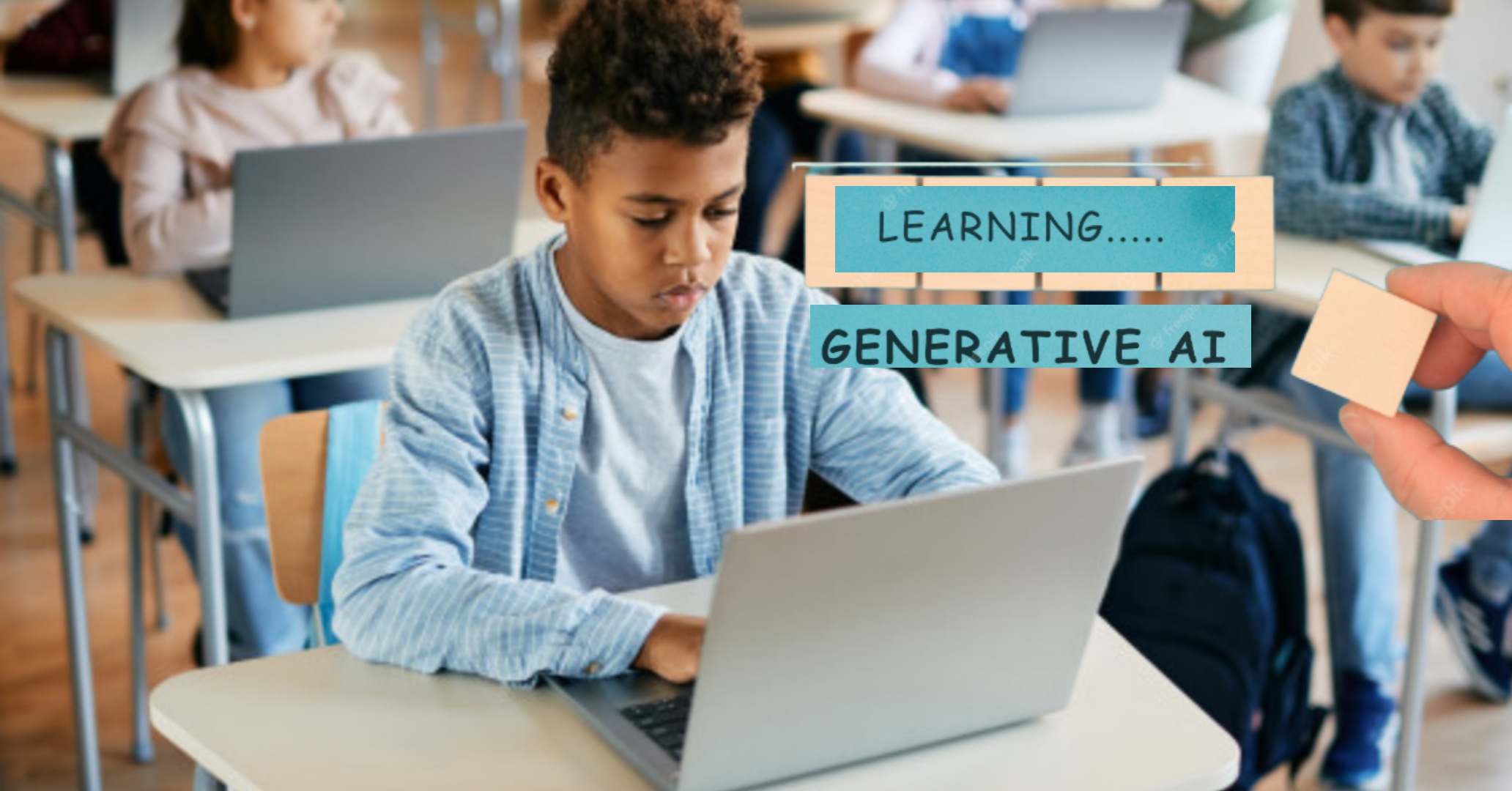
UNESCO has issued its inaugural guidance on the use of Generative AI (GenAI) in education, emphasizing the importance of government oversight in regulating this technology. The guidelines include safeguarding data privacy and setting age restrictions for users.
GenAI, exemplified by the Microsoft-backed OpenAI’s ChatGPT, has rapidly gained popularity since its launch in November, becoming the world’s fastest-growing application. Its emergence has prompted the development of competitors like Google’s Bard.
Students have embraced GenAI, as it can generate various content, from essays to mathematical calculations, with just a few prompts.
Stefania Giannini, assistant director-general for education, expressed the challenge of aligning the education system’s transformation speed with the rapid technological progress of machine learning models. She highlighted that governments and schools are adopting technology that even leading technologists struggle to fully comprehend.
UNESCO’s 64-page report outlines several guidelines. It stresses the need for government-endorsed AI curricula in school education, as well as in technical and vocational training.
UNESCO emphasizes that GenAI providers must take responsibility for adhering to core values, lawful purposes, intellectual property rights, and ethical practices. They should also combat disinformation and hate speech.
Additionally, UNESCO calls for precautions against GenAI use that may hinder learners’ opportunities to develop cognitive abilities and social skills through real-world observations, empirical practices, discussions with peers, and independent logical reasoning.
While China has established rules for GenAI, the European Union’s AI Act is expected to be ratified later this year. Other nations are lagging behind in creating their own AI regulations.
UNESCO also seeks to safeguard the rights of teachers and researchers and preserve the value of their practices when utilizing GenAI.
